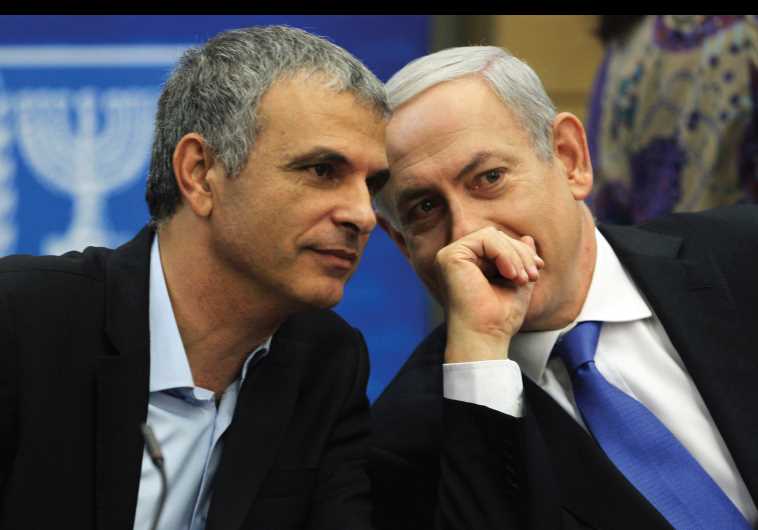Resolution of public broadcaster controversy to wait till PM returns
Despite numerous reports, Finance Minister Moshe Kahlon said on Tuesday he was unaware of any new deal between himself and prime minister.
 BENJAMIN NETANYAHU and finance minister Moshe Kahlon.(photo credit: REUTERS/BAZ RATNER)Updated:
BENJAMIN NETANYAHU and finance minister Moshe Kahlon.(photo credit: REUTERS/BAZ RATNER)Updated: